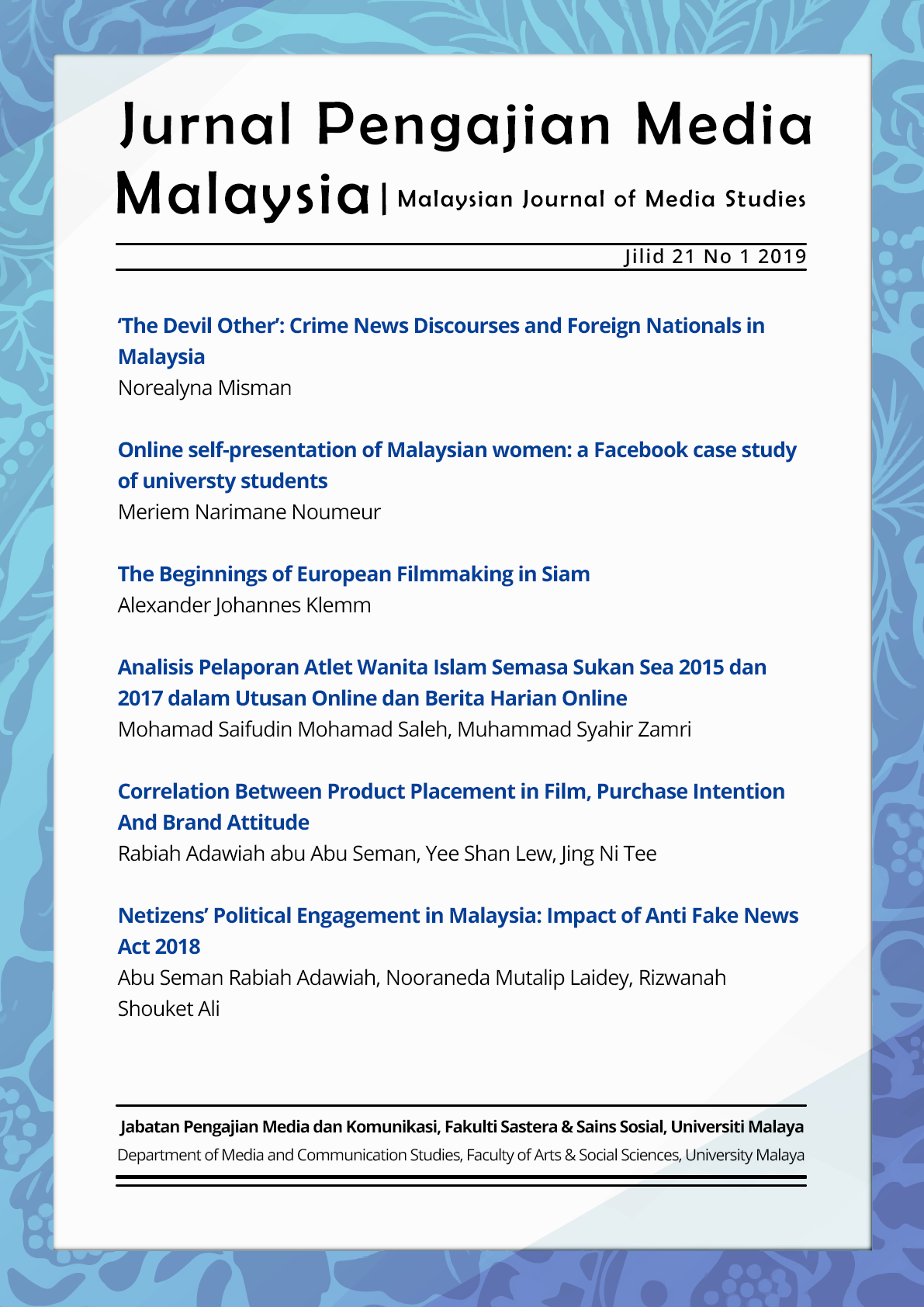The Acceptance and Practice of Citizen Journalism in The North Eastern Part of Nigeria
Main Article Content
Abstract
This study aimed at increasing our understanding of citizen journalism practice, with a focus on rural dwellers which has been less well studied. This study, which is anchored on democratic participant media theory took place at Ardo Kola, Taraba State in the north-eastern region of Nigeria. The data were collected through face-to-face semi-structured interviews, among 40 rural dwellers. The findings confirmed acceptance and knowledge of citizen journalism among the rural dwellers, but its adoption and practice are still very minimal due to poverty, power failure, their attitude, religious upbringing, customs, high level of illiteracy, high internet subscription and slow speed. It was suggested that government should make efforts to set up good schools, create more job opportunities, sponsor the skill work of those who did not attend formal education, and improve power supply in the rural communities. Interestingly, it was found among many other things that citizen journalism provides an avenue for community dwellers to gather and disseminate messages with immediacy, assists in the checkmating of the excesses of government officials, and promotes a healthy lifestyle in community settings. Therefore, it is relevant to encourage citizen journalism practice in rural areas, and further studies could explore beyond the use of a single community, more issues confronting rural dwellers as regards the adoption and practice of citizen journalism in developing countries.
Downloads
Article Details

This work is licensed under a Creative Commons Attribution 4.0 International License.
